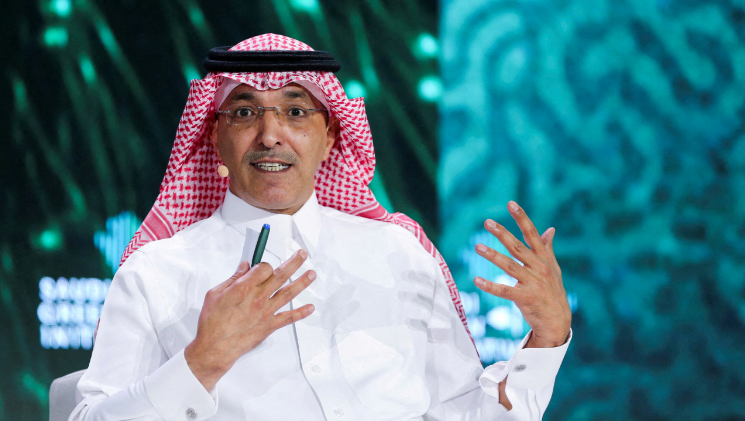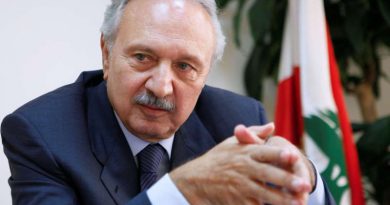Saudi Arabia could invest in Iran ‘very quickly’ after agreement – minister
Riyadh (Reuters) – Saudi Arabia’s Finance Minister Mohammed Al-Jadaan said on Wednesday that Saudi investments into Iran could happen “very quickly” following an agreement to restore diplomatic ties.
“There are a lot of opportunities for Saudi investments in Iran. We don’t see impediments as long as the terms of any agreement would be respected,” Al-Jadaan said during the Financial Sector Conference in Riyadh.
Iran and Saudi Arabia agreed on Friday to re-establish relations and re-open embassies within two months after years of hostility, following talks in China.
“Stability in the region is very important, for the world and for the countries in the region, and we have always said that Iran is our neighbour and we have no interest to have a conflict with our neighbours, if they are willing to cooperate,” Al-Jadaan later told in an interview.
The hostility between the two Middle Eastern powers had endangered the stability and security of the Middle East and helped fuel regional conflicts including in Yemen, Syria and Lebanon.
“We have no reason not to invest in Iran, and we have no reason not to allow them to invest in Saudi Arabia. It is in our interest to make sure that both nations benefit from each others resources and competitive advantage,” Al-Jadaan told Reuters.
“If they (Iran) are willing to go through this process, then we are more than willing to go through this process and show them they are welcome and we would be more than happy to participate in their development,” he said.
Chinese Leverage
The deal, brokered by China, was announced after four days of previously undisclosed talks in Beijing between top security officials from Saudi Arabia and Iran.
China has leverage on Iran and Tehran will find it difficult to explain if it does not honour the agreement signed with Saudi Arabia in Beijing, another Saudi official told reporters, separately, on Wednesday.
The official, who declined to be named, said China is in a unique position as it enjoys exceptional relations with both Iran and Saudi Arabia.
“China is the first trading partner for both countries so the leverage is very important in that regard. And since we are building confidence, that commitment should be made with the presence of Chinese officials,” he said.
Saudi Arabia cut ties with Iran in 2016 after its embassy in Tehran was stormed during a dispute between the two countries over Riyadh’s execution of a prominent Shi’ite Muslim cleric.
The kingdom also has blamed Iran for missile and drone attacks on its oil facilities in 2019 as well as attacks on tankers in Gulf waters. Iran denied the charges.
The most difficult topics in the talks with Iran were related to Yemen, the media, and China’s role, the official said without elaborating.
Both sides have agreed to re-activate a 2001 security agreement, which covers cooperation in fighting drugs, smuggling and organised crime, as well as another earlier pact on trade, economy and investment.
“Resuming diplomatic relations does not mean we are allies… Diplomatic relations are the norm for Saudi Arabia, and we should have them with everybody,” the official said.



